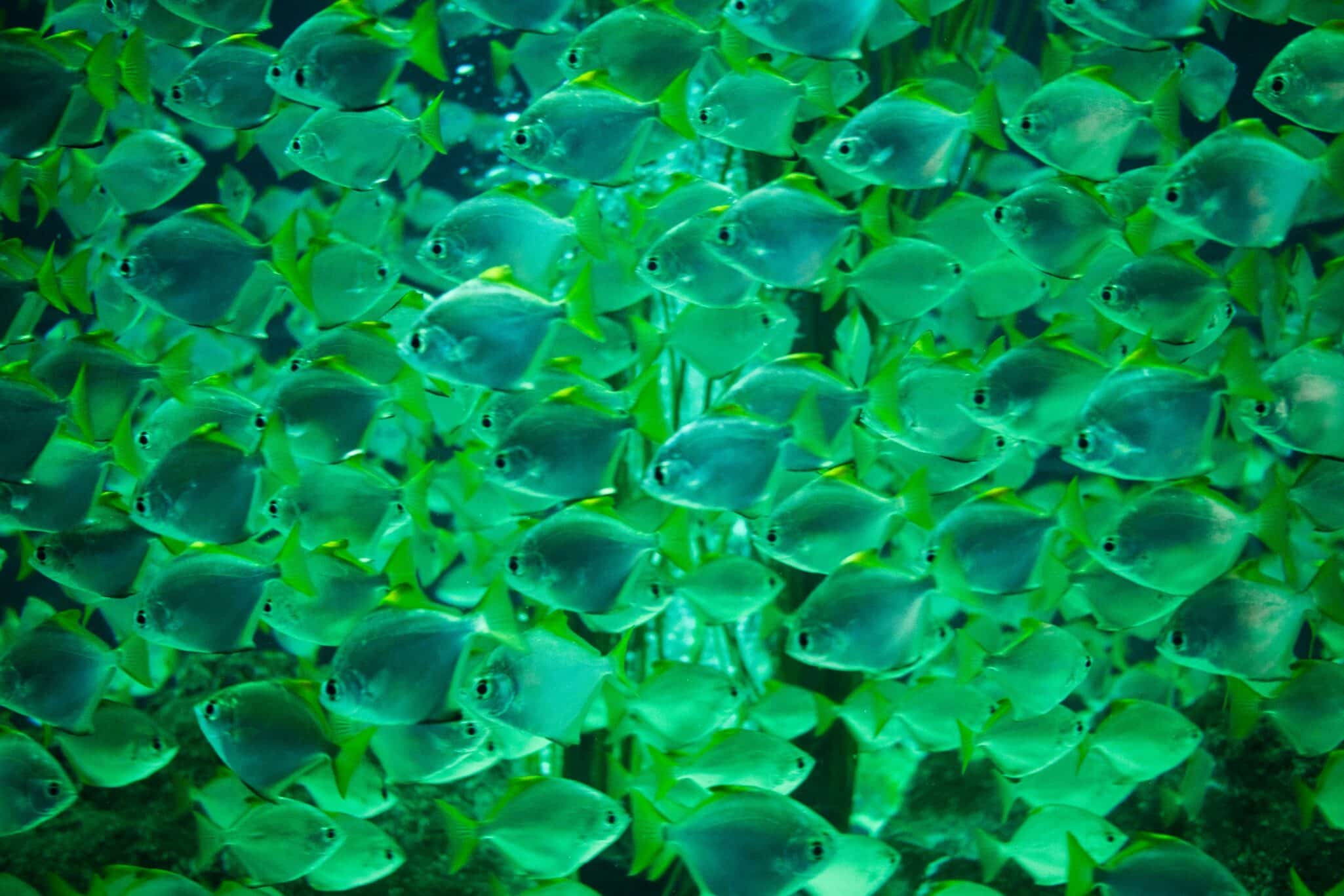Aquaponics is considered a sustainable and efficient method of farming that combines raising fish (aquaculture) with growing plants (hydroponics) in a closed system. The waste produced by the fish provides nutrients for the plants, and the plants help to purify the water for the fish. This symbiotic relationship allows for the efficient use of resources and can potentially produce both fish and vegetables in a small area with less water and fertilizer than traditional methods.
Aquaponics systems can be set up in a variety of settings, from small backyard systems to large commercial operations. They can also be used to grow a wide range of plants and fish species. The most commonly grown fish in aquaponics systems are tilapia, catfish, and trout, while the most commonly grown plants are leafy greens like lettuce, herbs, and kale.
One of the main benefits of aquaponics is its ability to produce food in a sustainable and environmentally friendly way. Traditional farming methods can be resource-intensive, using large amounts of water, fertilizer, and pesticides. Aquaponics, on the other hand, uses 90% less water than traditional farming methods and does not require the use of chemical fertilizers or pesticides. Additionally, as aquaponics systems are closed, they can be set up in urban areas, making it an effective method for producing food in cities where land is scarce.
Aquaponics systems can also be used for educational and research purposes. They provide a unique opportunity for students to learn about biology, chemistry, and sustainable farming practices. Additionally, researchers are exploring the potential of aquaponics to be used for treating wastewater and for growing crops in extreme environments, such as deserts or areas with heavy metal contamination.
Another advantage of aquaponics systems is their adaptability. They can be tailored to specific environmental conditions, such as temperature, lighting, and humidity, making it possible to grow crops in areas that are traditionally not suited for farming. Some systems can be scaled to a small backyard or indoor operations and also to a large commercial scale.
However, aquaponics also has some disadvantages to consider. The high startup cost and lack of skilled professionals in the field can be a barrier for individuals and organizations looking to start an aquaponics operation. There is also a risk of disease and pests, and difficulty in balancing the system. Power and water consumption, climate restrictions, water quality, fish health, limited variety of fish, and limited variety of plants are also factors to consider before setting up a system.
Read the rest in our latest newsletter.
Image provided by Upward Farm



4 Comments